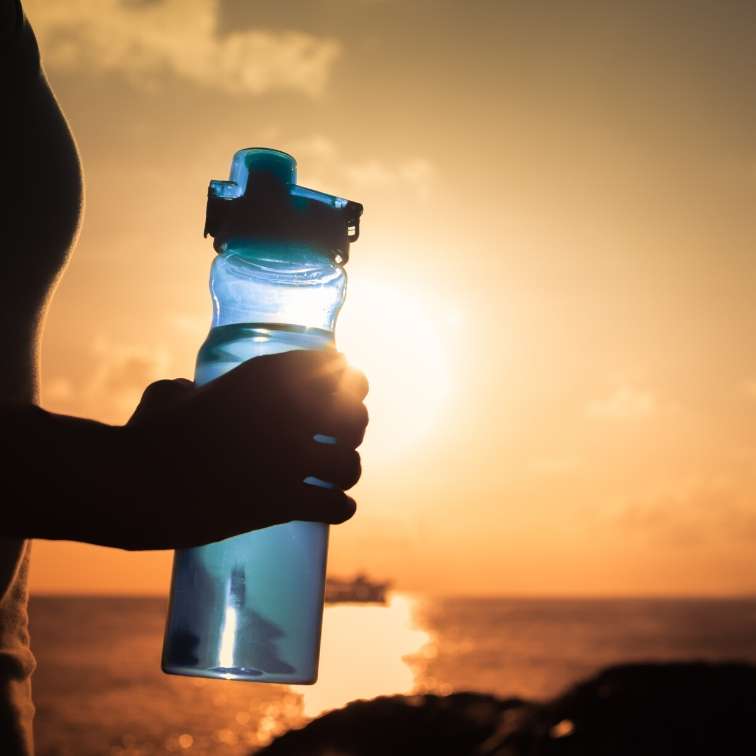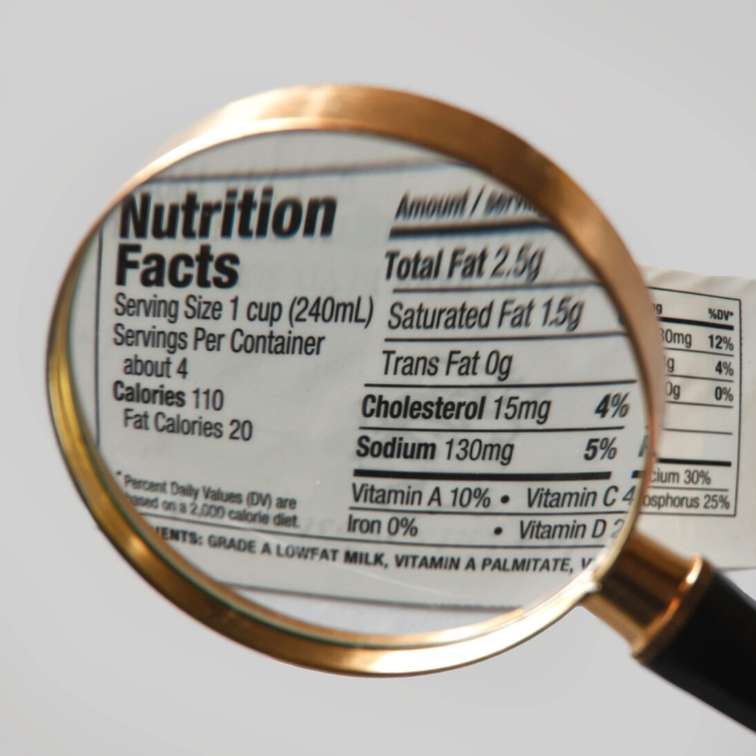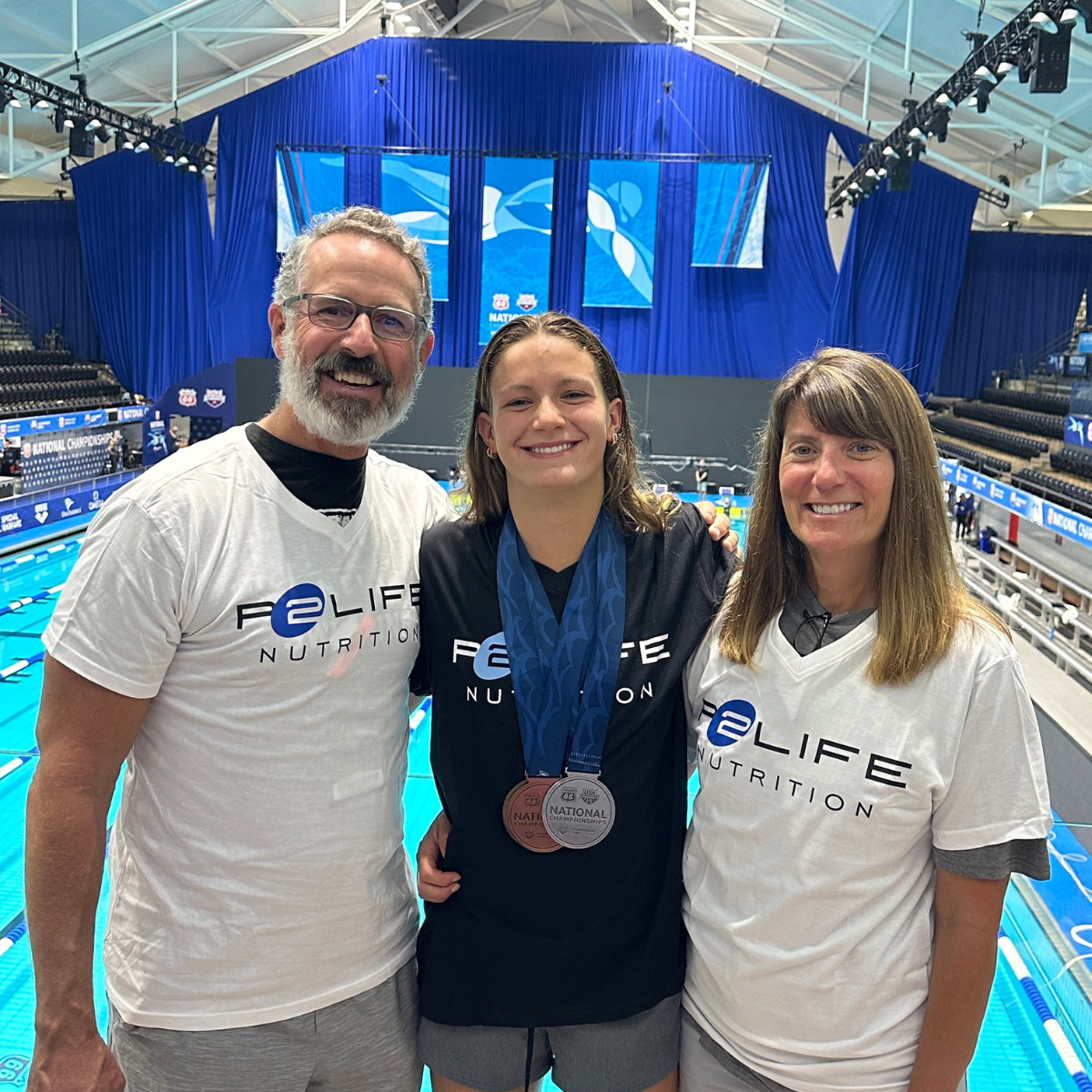
Nutrition for Teenage Swimmers: How Much Protein is Right?
In addition to the significant amounts of food they require for training, adolescent swimmers have higher energy and nutrient needs than mature swimmers. Adolescents are still growing and developing, and growth requires proper nutrition and extra calories. If nutritional needs are not met, children will show signs of fatigue and lack the ability to build muscle and recover efficiently from their strenuous workouts. Since protein is an important part of muscle development and recovery, how much is right for your teen?

Why is protein important?
It is important for any athlete to consume healthy protein foods, combined with smaller amounts of carbohydrates. Protein not only helps to build muscle, but it stabilizes our blood sugar, keeping energy and endurance steady. Increasing protein intake above the RDA 'daily allowance' will increase protein synthesis and, at levels higher than double this total, decrease protein breakdown. Protein is also a critical nutritional component of muscle repair and should be eaten after a workout to aid in this process. If teens aren't getting enough protein in their training diets, their muscles won't recover properly which leads to premature injuries and strains.
How much is recommended?
So how much protein should your teen aim for while training? To begin, the USDA recommends that females who are active take in 1,600-2,000 calories a day for ages 9-13 and 1,800-2,200 calories a day for ages 14-18. For young males, it's recommended that ages 9-13 years old take in 2,000 calories a day, while ages 14-18 years old get 2,400-2,800 calories a day. But for an active, athletic teen, they'll need more sustenance, since a two-hour practice adds about 1,200 calories to a swimmers' dietary requirements. For the right protein ratio, aim for about 30% of your dietary calories to come from protein.
Also, if you are an athlete or highly active person currently attempting to lose body fat while preserving lean muscle mass, a daily intake of 1.5-2.2g/kg bodyweight (0.68-1g/lb bodyweight) would be a good target, with the goal a little lower if you are an athlete or highly active person, or you are attempting to lose body fat while preserving lean mass, then a daily intake of 1.0-1.5g/kg bodyweight (0.45-0.68g/lb bodyweight) would be a good target. According to the International Society of Sports Nutrition, these levels of protein intakes for physically active individuals is not only safe, but may improve the training adaptations to exercise training.
 In addition, the American Dietetic Association, Dietitians of Canada, and the American College of Sports Medicine also support high protein intake for active individuals in the range of 1.2-1.7 g/kg of bodyweight (0.5-0.8 g/lb of bodyweight). In recent years, the results of a number of investigations involving both strength and endurance athletes indicate that, in fact, exercise does increase protein/amino acid need. So your teen may need more than the average child, based on their body weight, gender, age, and overall training goals.
In addition, the American Dietetic Association, Dietitians of Canada, and the American College of Sports Medicine also support high protein intake for active individuals in the range of 1.2-1.7 g/kg of bodyweight (0.5-0.8 g/lb of bodyweight). In recent years, the results of a number of investigations involving both strength and endurance athletes indicate that, in fact, exercise does increase protein/amino acid need. So your teen may need more than the average child, based on their body weight, gender, age, and overall training goals.
Protein Power
When preparing meals for your teen, aim for lean sources of protein like meats, chicken, and fish. Nuts, such as walnuts, almonds, brazil nuts are great snacks, as well as nut butters, such as almond butter. The nut butters are fantastic on crackers, vegetables, and whole grain breads, and are a great source of high quality protein and healthy omega 3 fats. Nutritional powders can also be a fantastic tool for energy and can be added to smoothies with fruit and blended for breakfast, one of the most important meals of the day. You can also carry a small pack of protein powder with you to meets and add water for a healthy snack. Another way to get protein is with protein bars that are whole food based. This is a good idea to carry in your backpack if you have difficulty getting well balanced meals with high quality proteins in before or after training because of busy school and homework schedules.
You and your teenage swimmer can enjoy optimal health and performance with a little planning. Getting the right amount, and right type, of protein is important for their development and will put them on the path to athletic success. For more information on nutrition for teenage swimmers, read our blog post here!
Sources:
http://examine.com /faq/how-much- protein-do-i-n eed-every-day/
http://www.ncbi.nlm.nih.gov/ pubmed/1763249
http://examine.com/faq/can-eating-too-much-protein-be-bad-for-you/
http://hubbardswim.com/ docs/RecTeam/ Nutrition_for_Swimmers. pdf










Leave a comment
This site is protected by hCaptcha and the hCaptcha Privacy Policy and Terms of Service apply.